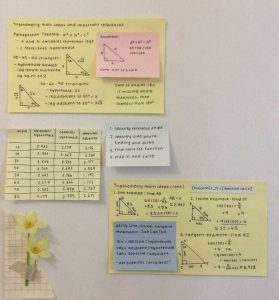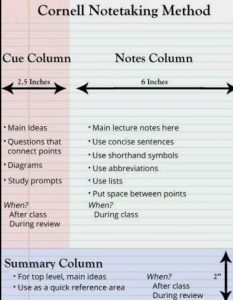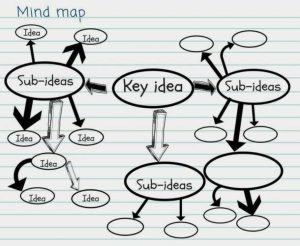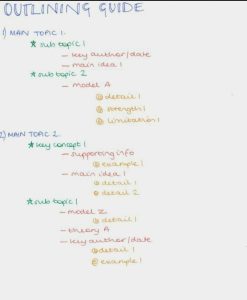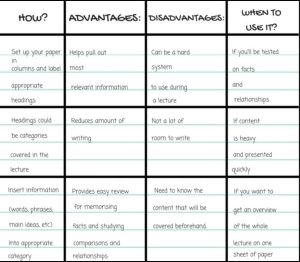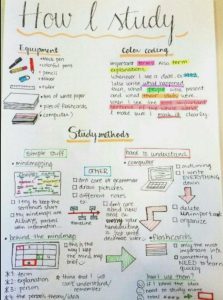Finding It Difficult To Keep Up With Notes? Here Is How to Make Effective Study Notes!
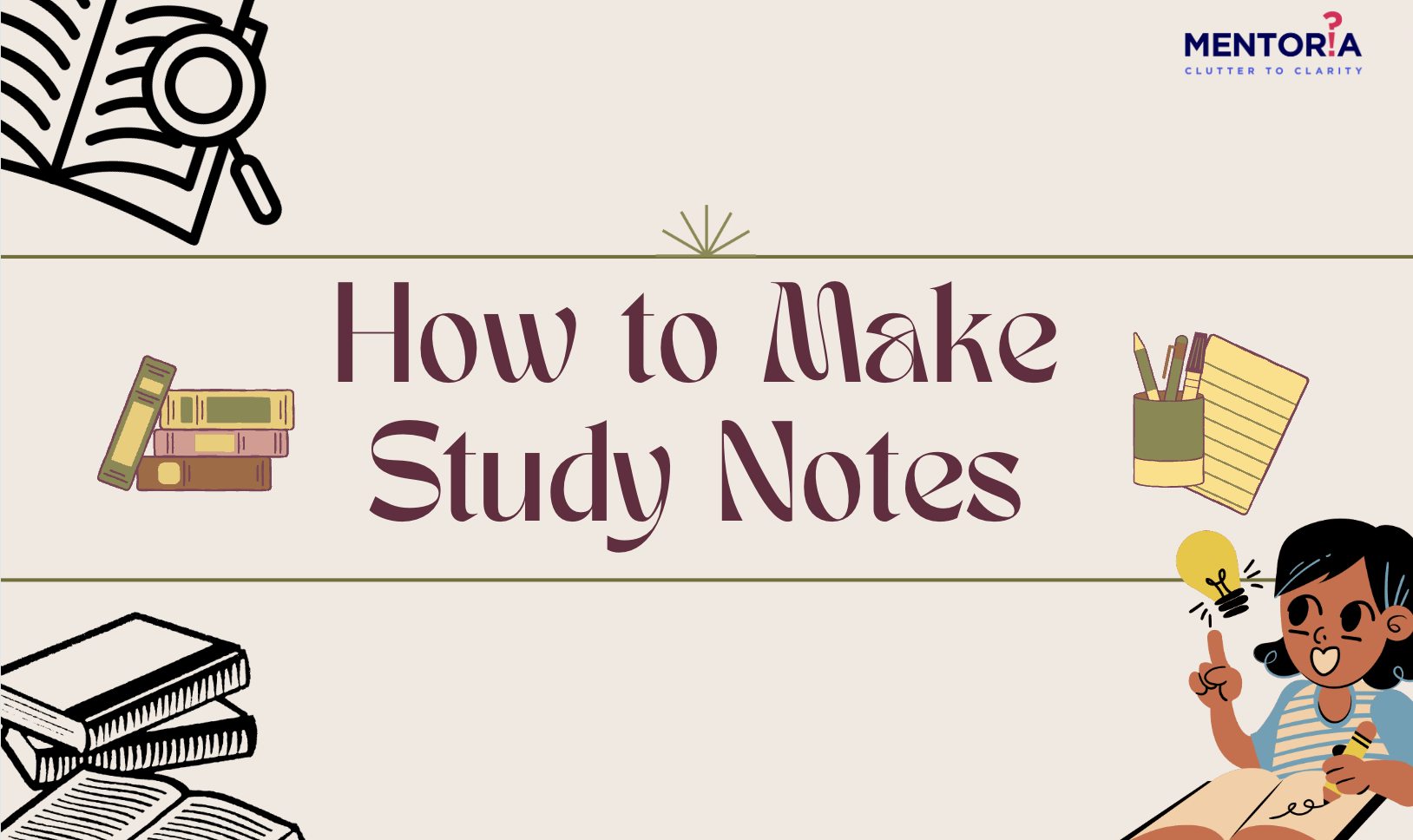
Let’s be honest, not many of us really like to study from those boring black-and-white textbooks. But who doesn’t like to scroll through Pinterest and look at those amazing colour-coded, well-written and aesthetic study notes lying on a table with the perfect sunlight coming in?
But, in reality, who has the time or energy to make those pretty notes? If only you knew how to make them efficiently, well, don’t worry about it, we are here to the rescue. Let’s see how to make really effective study notes!
Making notes useful is crucial because ineffective study notes will simply waste your time and make studying more difficult. Let’s look at a few tips on how to do it properly.
Why is it important to make study notes?
Taking notes involves more than merely recording everything you hear or read. It is a process of going through, tying together, and synthesising concepts from your readings or lectures. Here are some advantages of making notes:
- It makes sure you are paying attention to what the instructor is saying.
- Makes you think about the content of your work.
- Aids in the formation of linkages between concepts.
- It gives excellent after-class review material.
- The notes are well-structured, concise, and simple to review.
Let’s look at the different ways to make notes!
As a student, it is important to create study notes that would always keep you motivated and focused. On Instagram, you can find thousands of posts on studying with the hashtag #studygram, each featuring a different approach to taking notes. You can also add your own flair to your study notes in order to achieve the grades you desire. Here are some common and known ways!
-
Cornell Method
This was developed at Cornell University in the United States and has been around for many years. It also functions quite well as a study system.
-To take notes during class, use the main notes area.
-Review your notes using the cues section. Make a list of the things you’ll need to remember after class along with a prompt for each. This part also includes study questions and vocabulary items.
-Write a summary of your notes in the summary section at the bottom. You should emphasise the key things here.
-
The Mapping Method
You can organise your class notes in a more visual way by using the mapping method of note-taking. When learning about connections between topics, this method is helpful. This has the appearance of a cloud with arms or a tree with branches.
The primary theme is the central idea, from which branches (major points) branch out and smaller branches (sub points) sprout beneath them. This system might suit your visual preferences.
-
The Outline Method
Here, the topics are arranged using headers and bullet points when taking notes by outlining. Each section begins with the main topic’s heading. Each supporting detail and subtopic are listed beneath the relevant headline. When studying subjects with plenty of detail, this approach is most helpful.
-
The Charting Method
Information is organised using columns in the charting note-taking technique. For classes that cover a lot of data or connections between different topics, this strategy is helpful. This is advantageous if there are clear categories of information and you are aware of the themes before you begin.
These are just different ways, now in lectures where so much is taught in an hour, what to include and what not to? Here are some suggestions!
So much content! What to include in your notes?
- Making notes is intended to help you later summarise information in a more concise manner. As a result, if you try to jot down every word from a book or lecture, you will quickly fall behind and lose track of what is being said. Instead of copying a definition or an explanation from a textbook, the internet, or your teacher, always write your notes out in your own words. Instead of writing complete sentences, decide what is most important and make a note of only that.
- If there is something you don’t comprehend, write questions to yourself about it. Don’t ignore it in the hopes that you’ll understand it later.
- Any concepts, topics, or information that is stressed or repeated. The more frequently something occurs, the more crucial it is that you observe it.
- Use several coloured inks when taking notes for further clarification and to enhance your active listening and reading skills. By switching to a different colour, for instance, you can demonstrate various topics and techniques. This is especially helpful if you need your notes later on to write a report or to study for an exam.
- If you are a visual learner, you can add some creativity to your notes by drawing a few shapes and doodles. By including a few diagrams or using some images, such as in sketchnotes, you can improve the readability and aesthetics of your study notes.
- This is the one instance in academic or professional life where a few grammatical and spelling errors won’t get you in trouble. Avoid getting so caught up in taking notes that you fail to see that your handwriting has become illegible!
- Examples of how to use the method being taught to tackle a specific problem are frequently provided by instructors. Note down these examples in a way you understand, this will help you later.
When you are completing your reading assignments, keep your notes close at hand. Compare your writing to the readings, and as you read, add to your notes. What you learn can be reinforced by going over your notes with a buddy and comparing what the two of you wrote down. Therefore, stop simply writing down your notes. Make taking notes enjoyable and engaging by bringing your bright imagination to life.
Make The Smart Move!
Before class, read the assigned readings, choose a seat that won’t cause you to become distracted, and get your chosen note-taking method ready. Head over to Mentoria and get all the doubts out of your mind right away. Get expert career guidance and counselling from Mentoria’s experts to discover which field you will enjoy and excel in. Happy note-making!
